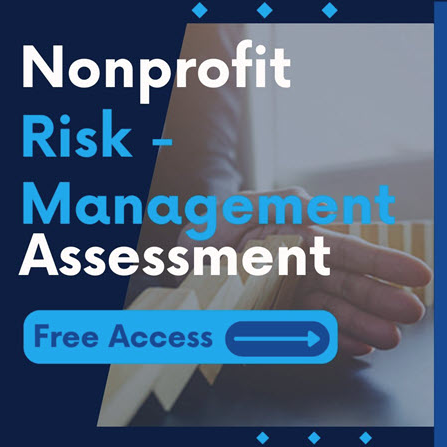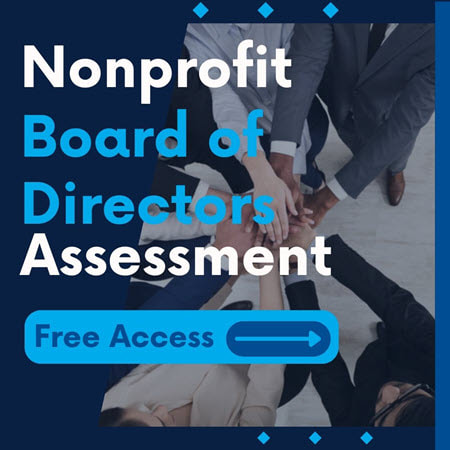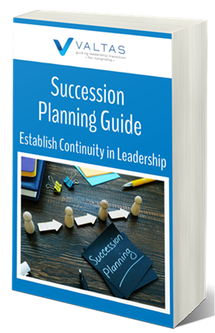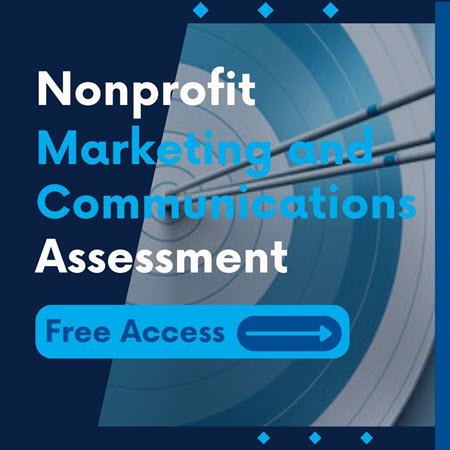THE LATEST FROM VALTASNews, updates, and stories to keep you in the know.
|
These are all statements I have made throughout my career, and that I have heard echoed from my peers in nonprofit leadership. And that’s a problem! Each of these statements point to an unspoken issue that should concern a board of directors. Ignoring those unspoken issues now might be setting you up for problems down the road. Unfortunately, too often these kinds of statements are welcomed and even encouraged by board members. Boards often find reassurance in knowing that they have someone at the helm that’s dedicated to their mission. Additionally, they like the idea of saving money while doing great work. But they are, in fact, red flags that board members should be concerned about. Understanding The Real Cost of Running Your Organization Regardless of the motivation behind any of those statements, or similar arguments that might come from board members who are trying to “keep overhead down,” they ignore realities that should be front and center for board members. Board members need to honestly ask:
Think of executive pay the same way you think of homeowner’s insurance. What is the replacement cost if lose your executive? Sure, you might save money in the short term by taking advantage of an offer to keep that salary lower, but will you be prepared to face the open market when the time comes to hire the next executive? People who have the skills needed to be dynamic and visionary leaders and who are looking for their next challenge most likely will be looking for a raise from their last engagement, as well as some sign that you value their experience and skills. This is NOT the time for bargain basement shopping! Your organization and the community you serve deserve better – the best! But just throwing money at a candidate won’t make them qualified and the right fit, nor will it keep them in a role that isn’t fulfilling. Do your homework. Know what the average salaries are for executives in your community and sector. Look for some examples of nonprofit executives in the community who you admire and then find out what they are making. (That information is on the 990s that every organization must file and make public.) Fix The Problem before it Manifests You should be doing performance and salary reviews with your executive every year before or during the budget preparation season. That allows the executive to include a set amount for compensation in the budget as opposed to using their salary as a tool for filling budget shortfalls. You don’t need to do it every year, but every 3-5 years, be intentional about recalibrating your executive’s salary. Really research what nonprofit executives are being paid in your community and make sure you are in that range. That will give you some comparisons to use in your performance review process. Set some specific criteria for your evaluation to help with your review as well. Assuming you are evaluating your executive based on things like money raised, mission delivery, and community awareness, use those criteria when you look for comparisons in the community. If you see examples in the community of other leaders who are raising more money and increasing mission delivery and awareness, look at what they are making. Analyze Underlying Pay Issues If the concern is pay equity for the staff, you as a board need to investigate that disparity. It is most likely that the real problem is that the staff is being underpaid – not that the executive is being over paid. Again, there are comparisons out there you can access to determine if pay equity is a problem in your organization. Does the executive feel undervalued and just not up for the fight? Serving as the executive of a nonprofit organization can be exhausting. You are constantly fighting for the organization, the staff (internal strife included), the community you serve, and your sanity! If the board is not being proactive about evaluation and support of the executive – or worse, they are ignoring evaluation and see the executive as nothing more than a messenger at board meetings – you run the risk that they are too tired to fight for themselves because they have used all their energy to fight for everyone else. When that happens, (and it happens a lot!), they eventually reach a burnout point that is hard to come back from. Sometimes, no matter how much they care about the mission, no matter how talented they are at leadership or management, the lack of support or even awareness of their work from the board leaves them feeling alone and fighting a never-ending battle they will never fully win. Then they quit or become ineffective, and you need to let them go. And there you are back at the beginning of our article! You now must go out to find someone to lead your organization and realize that your budget isn’t prepared for what you need to pay that next leader. So, take the time now to do what is right for the organization! Taking the Next Steps Board Members: Have a compensation comparison done and decide on the criteria that you want to look at. Transparently share that with your sitting executive as well so they know what you see as most important and see that you are serious about paying them what they are worth as opposed to what they are willing to accept. Executives: Share this article with your board chair to start a dialogue. Tell them whether you have been guilty of any of the statements from the opening of the article – spoken or internalized as rationalization for shortchanging yourself because you didn’t want to seem greedy. Help the board with a pay equity assessment to make sure you are not the only one being underpaid. Be proactive! It is NOT being selfish or greedy. You will be helping the organization remain in a position to thrive and expand with talented leadership they can sustain and grow with into the future! As nonprofit consultants and recruiters we help organizations navigate compensation issues every day. Whether you need board advisory services or other nonprofit consulting services like leadership coaching, we can help! Check out our free nonprofit leadership resources or contact us today for more information! About the Author Dave Lenox – Managing Partner  Dave is an experienced leader with a demonstrated history of working in the non-profit, change management, and organization design and management fields. At Valtas, Dave’s focus is on providing clients with the best resources available while working to achieve equity and inclusion for all in the non-profit sector. Over the course of his career, Dave spent over 35 years serving in leadership roles at Special Olympics; President and CEO of Special Olympics Washington (SOWA), Vice President for Leadership Development and Education at Special Olympics Inc. in Washington, DC., Executive Director for Special Olympics West Virginia, and CEO for Special Olympics North Carolina. Comments are closed.
|
THE LATEST FROM VALTAS
You are welcome to subscribe to get the latest news, updates and insights from our team. Subscribe:Ask Valtas!Categories
All
Archives
July 2024
|







 RSS Feed
RSS Feed
